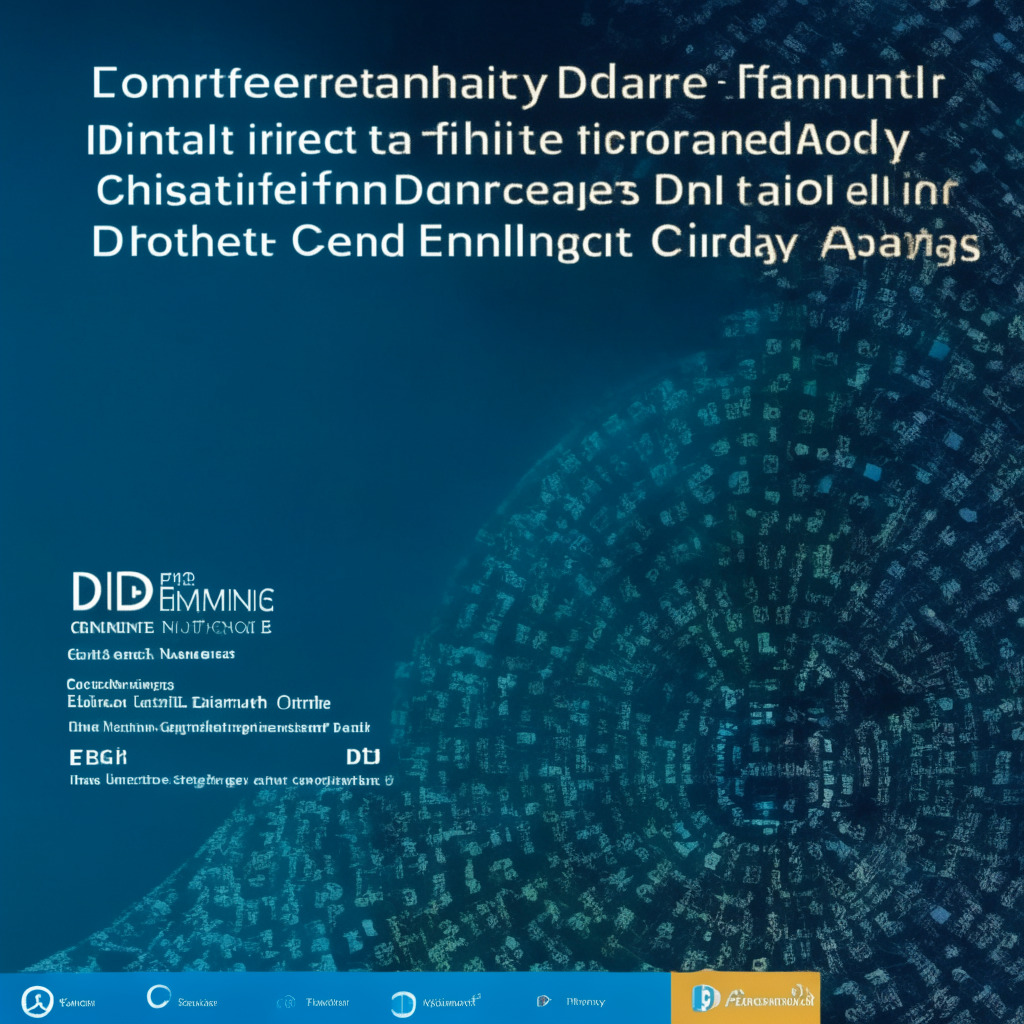An ongoing scandal involving South Korean lawmaker Kim Nam-kuk’s cryptocurrency investments has led to his resignation from the Minjoo party, as well as raids on cryptocurrency exchanges Upbit and Bithumb. Kim, accused of owning $4.5 million worth of wemix coins in 2021, has stirred up debate surrounding potential insider information and whether influential figures receive preferential treatment in the world of cryptocurrencies.
The question of whether Kim had special access to knowledge that aided his investments or if he received free coins because of his political position remains unclear. According to a statement from Wemix, the company refutes any claims of illegal support or providing investment-related insider information to members of the National Assembly.
It is currently unknown just how much Kim holds in his digital wallets, but recent raids on Upbit and Bithumb were carried out by Korean prosecutors in connection with an investigation into Kim’s holdings. Transactions records were seized during these raids. Furthermore, Kim faces internal scrutiny from his own party, as allegations of trading cryptocurrencies during parliamentary sessions have surfaced.
Interestingly, during his time as a politician, Kim had voted in favor of regulatory legislation recognizing some gaming money as cryptocurrencies. This comes as South Korea pushes to regulate the cryptocurrency industry further. In January, National Assembly members were reviewing 17 proposals related to cryptocurrencies, including increased protections for investors and reserve requirements.
While Kim’s controversial involvement in the crypto space has led to his political resignation and heightened scrutiny of his financial dealings, it also brings to light the underlying uncertainty and skepticism towards influential figures in the cryptocurrency space. It raises questions about whether insider information and preferential treatment could play significant roles in the investments and overall success of certain individuals.
As South Korea continues to navigate the growing world of cryptocurrencies and seeks to implement new regulations, cases such as Kim’s will undoubtedly spark further discussions among regulators, investors, and enthusiasts alike. Whether these incidents facilitate increased transparency, fairness, and overall trust in the crypto market remains to be seen, but having a skeptical lens on such matters can only serve to improve the overall ecosystem’s perception and understanding.
Source: Blockworks




